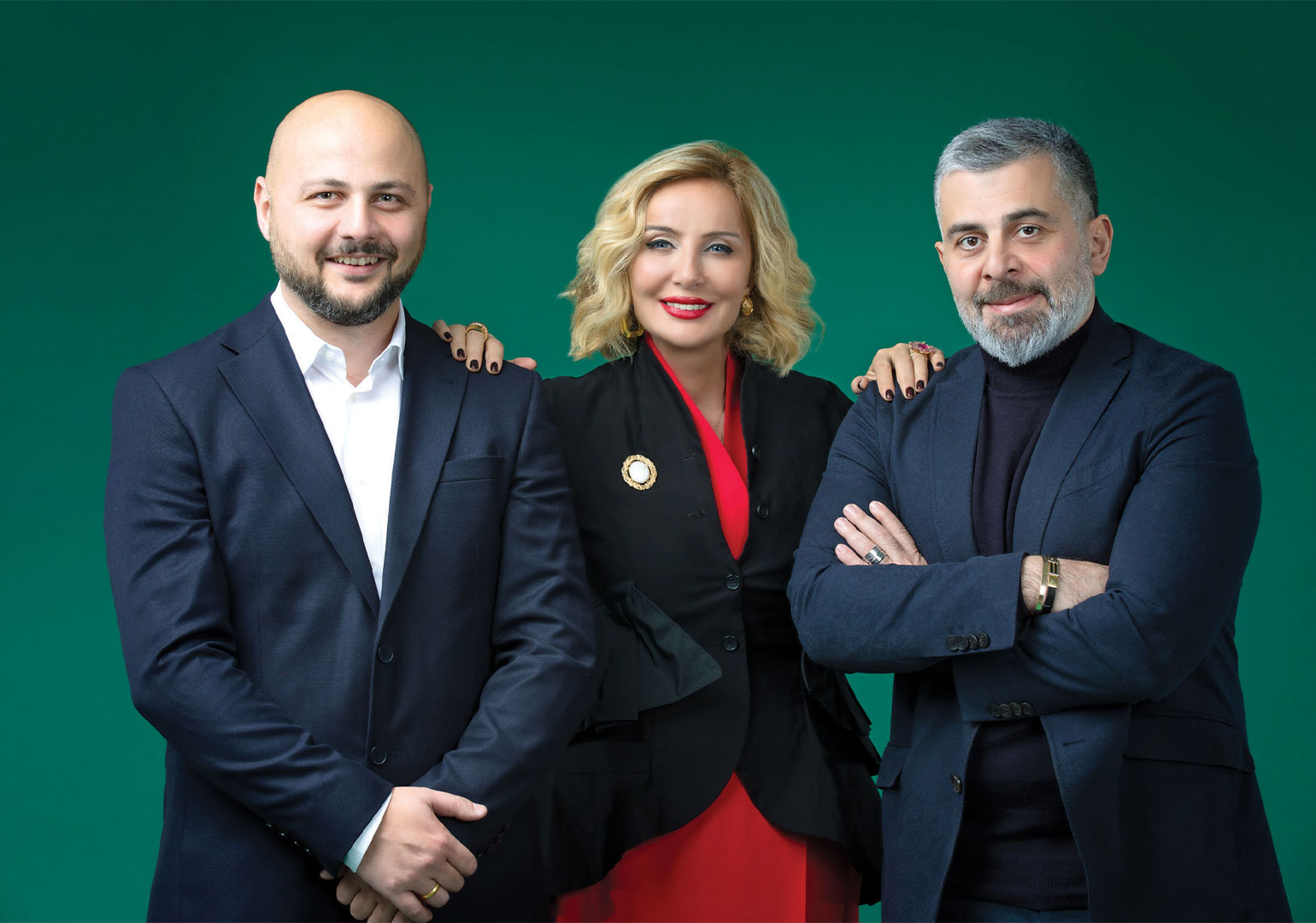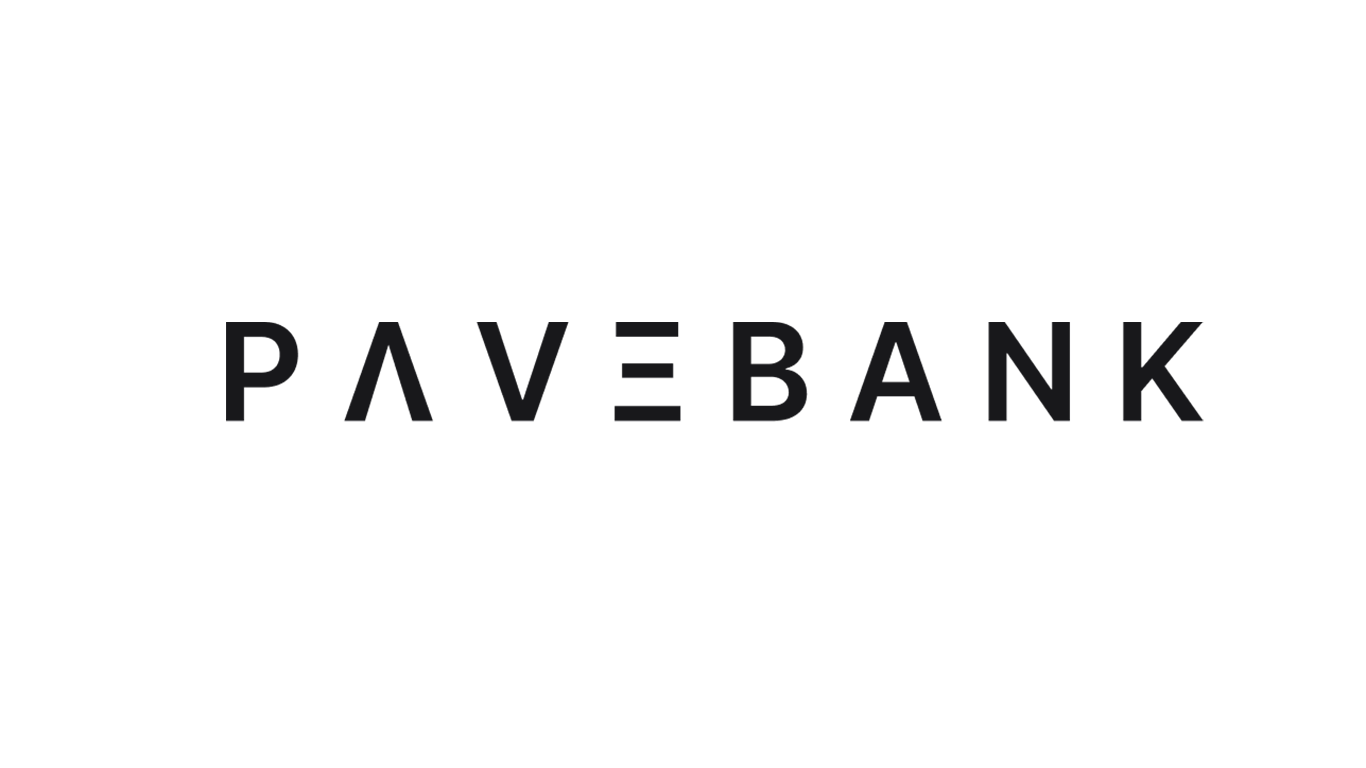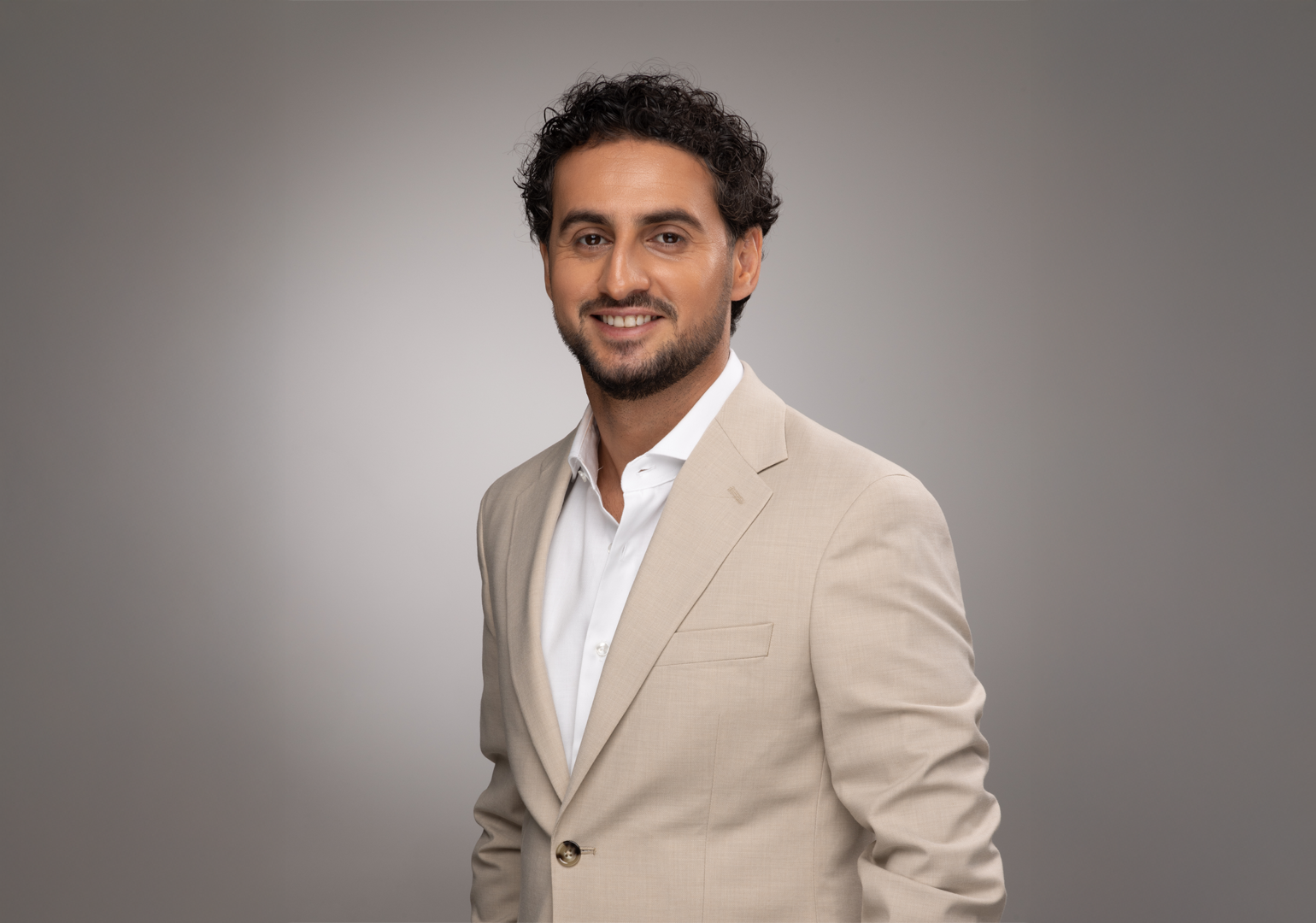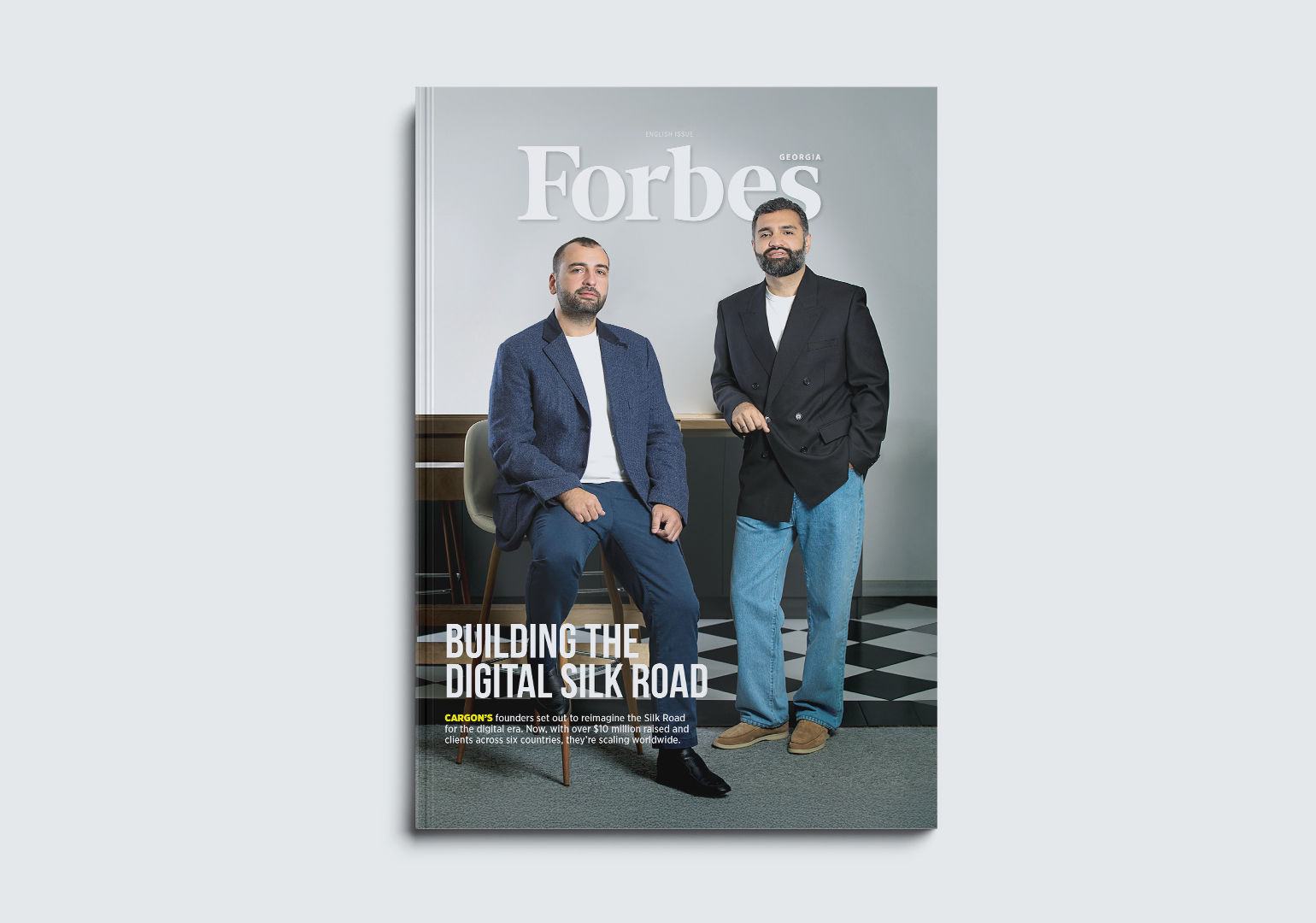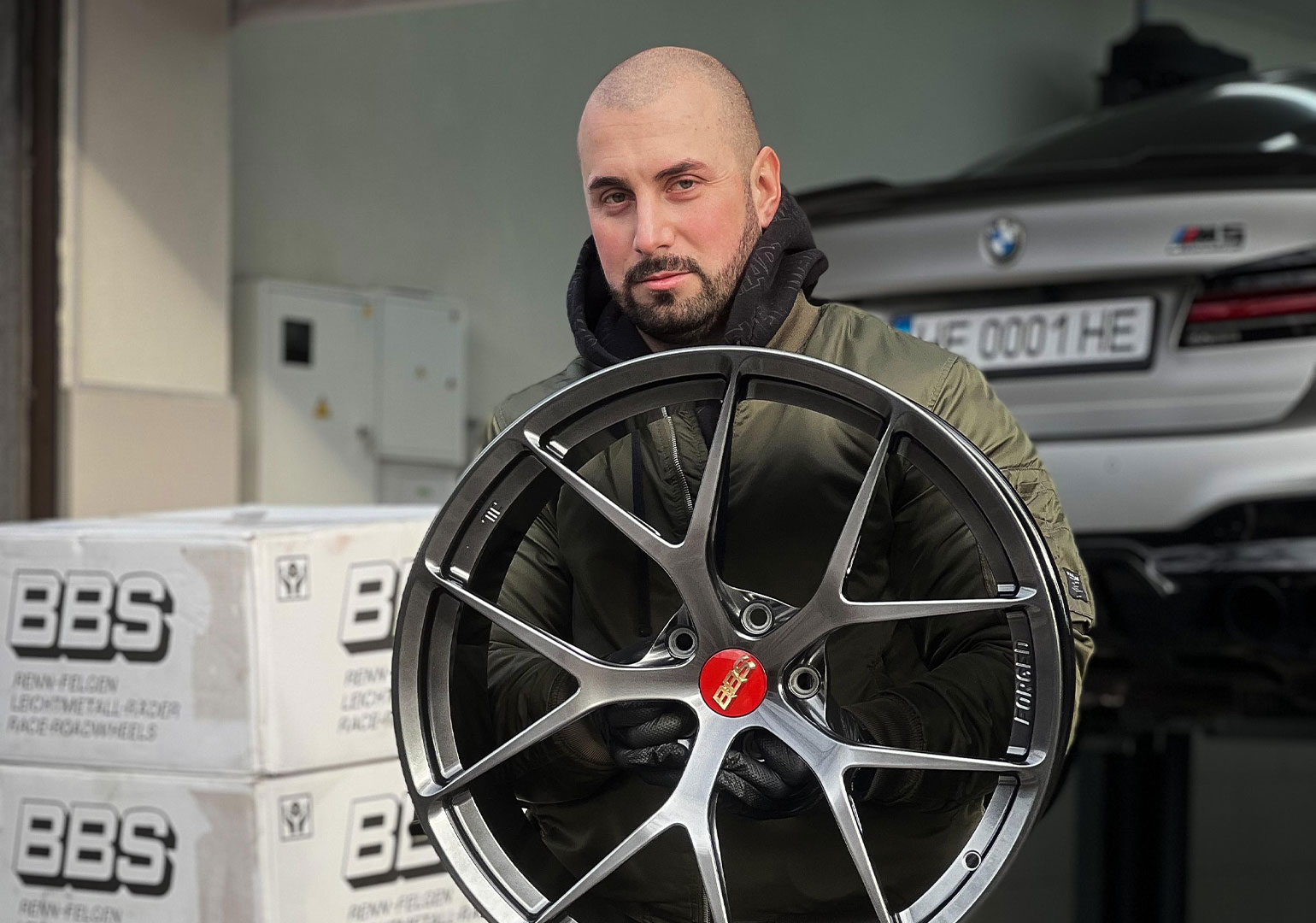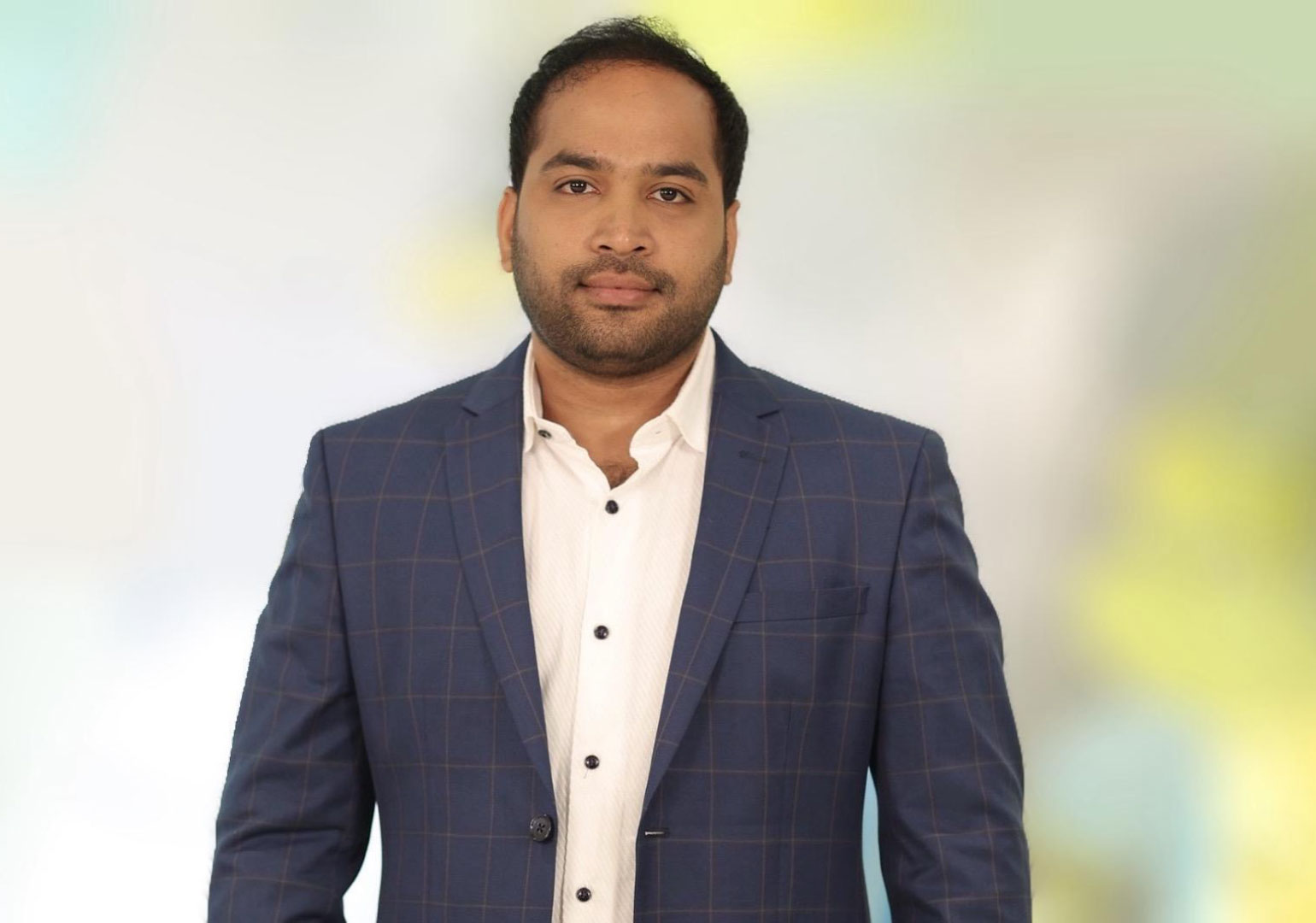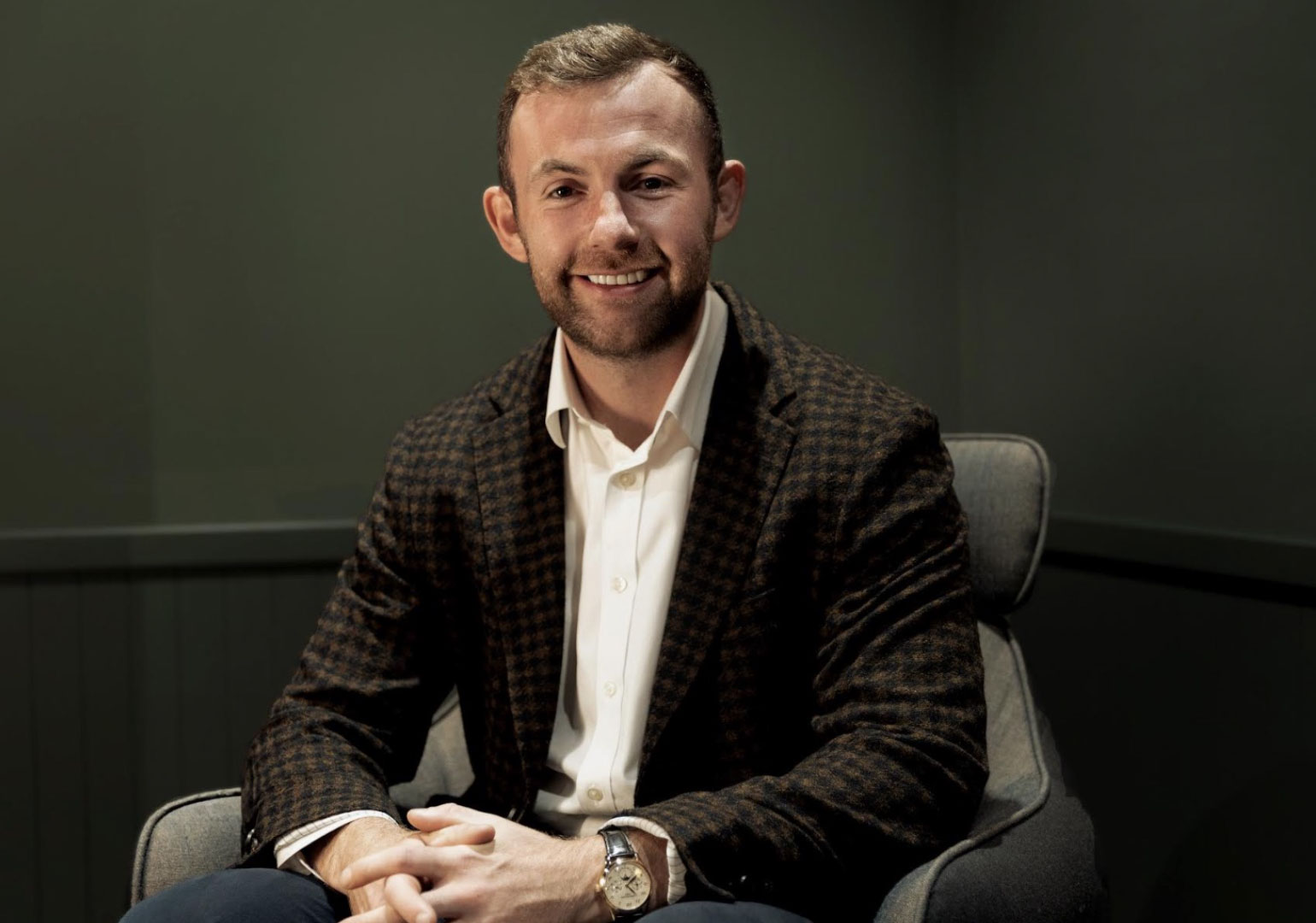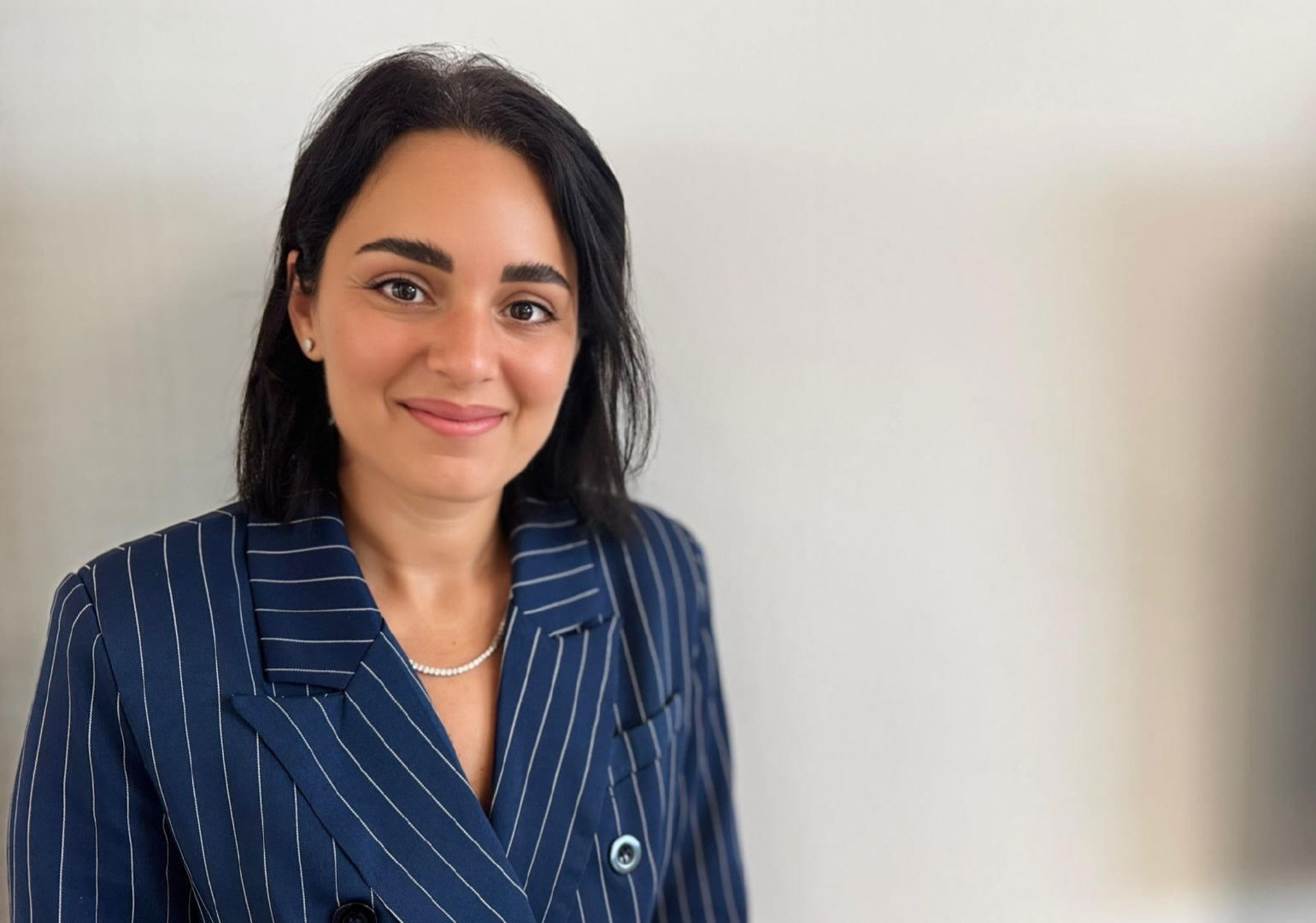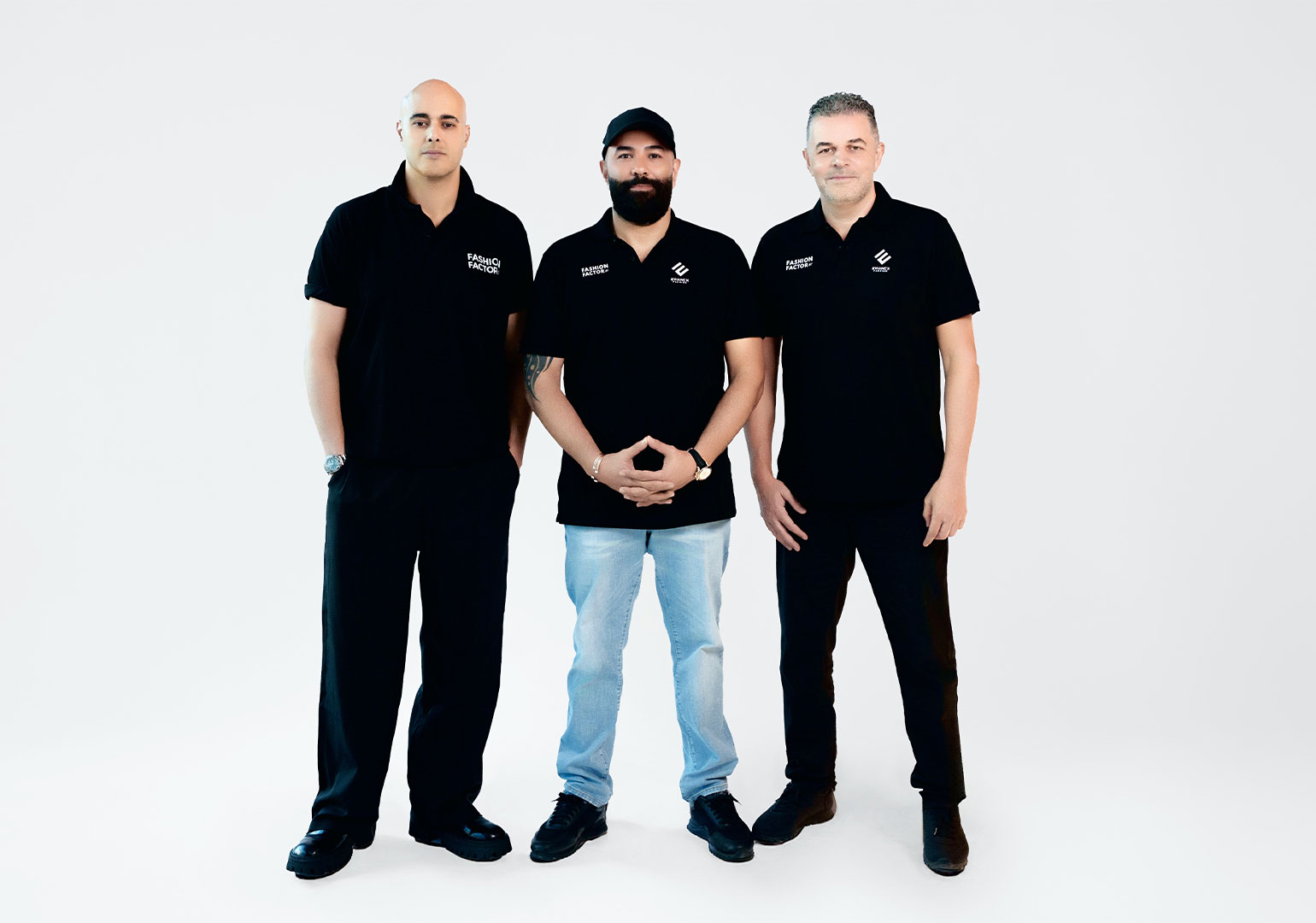Success at the Georgian-German Reproductive Centre is measured by the number of newborns. GGRC marked the fifth year of its existence by opening a new facility in Yerevan in January 2024. GGRC Armenia is the clinic’s first step towards international expansion and yet another triumph for the GGRC team led by Director Nino Museridze, CEO Giorgi Archvadze, and CFO Giorgi Chabakauri.
Over the past four years, the Georgian-German Reproductive Centre has helped deliver 2,000 new babies. 745 deliveries were cofinanced through the CSR project “Shentvis” (“for you”). Behind these figures lies a tremendous effort from doctors and the management team at the clinic, access to the latest technologies, scientific activities, and constant emotional dialogue with childless couples.
Embryologist and pathomorphologist Nino Museridze opened the reproductive health clinic in August 2019 together with professionals whom she had, in her own words, “met along the way.” Prior to that, she headed the in-vitro fertilization (IVF) department at the Mardaleishvili Medical Center. She founded the charity foundation “Shentvis” to support childless couples during this time. The goal was to implement new CSR standards and create the first precedent for co-financing in the field of reproductive medicine, laying the foundation for what we can call Georgian demographics.
“We chose this industry because it concerns new life. A newborn child is the best reward for what we do. We give hope to those who have lost it. At the same time, our work is important for our nation,” Nino Museridze explains. She sees herself in each of her patients. She herself spent four years trying to conceive and is determined to help people with similar problems achieve their dreams.
Reproductive medicine, which includes in-vitro fertilization, surrogacy, as well as diagnosis and treatment of childlessness, is a complicated and sensitive subject on medical policy and public perception levels across the world. It divides opinion, at which point a doctor’s integrity is often decisive.
“From a scientific point of view, this industry has seen rapid development. The number of childless couples has also grown, which has led to an increase in demand. It is difficult to regulate the industry effectively under such circumstances. There are questions, and there is mistrust. Even the introduction of laparoscopy in gynecology divided opinion at one point. However, it is now used successfully, even in oncology,” Nino Museridze explains in reference to the conspiracy theories surrounding IVF.
The industry is currently awaiting the introduction of legislative regulations in Georgia. If parliament adopts the proposed version of the bill, it will turn Georgia from a surrogacy-friendly country into a place where surrogacy is banned altogether, and IVF is strictly regulated.
The current legislation allows gestational surrogacy, where the surrogate mother has no genetic connection with the child, the egg belongs to the potential mother or donor, or the biological material of the potential father or donor is used in the procedure. Altruistic surrogacy, which the government is about to rule on, implies the bearing of a child by a surrogate mother free of charge.
GGRC does not work with Georgian surrogate mothers. According to CEO Giorgi Archvadze, “Foreign patients who come to us have already chosen surrogate mothers, so we only perform the IVF procedure. We are not opposed to the government banning surrogacy. For us, it is important to have a right to treat both Georgian and foreign patients.”
Nevertheless, CFO Giorgi Chabakauri admits that the clinic’s opening in Yerevan was brought forward in anticipation of the legislative changes in Georgia. Moreover, Russia and Ukraine – the two major reproductive health hubs in the post-Soviet space – have fallen behind since the outbreak of war in 2022.
“Since the start of the war in Ukraine, the number of patients at our clinic has increased by 40%. If Georgia bans reproductive medicine, then Yerevan will become a hub,” Giorgi Chabakauri says.
GGRC invested $800,000 into building the reproductive clinic in Yerevan. According to Giorgi Archvadze, the opening of the clinic was preceded by a comprehensive study of the Armenian regulatory legislation in this field, which is currently similar to Georgia’s. This creates favorable conditions for business development and improvement of the demographic balance.
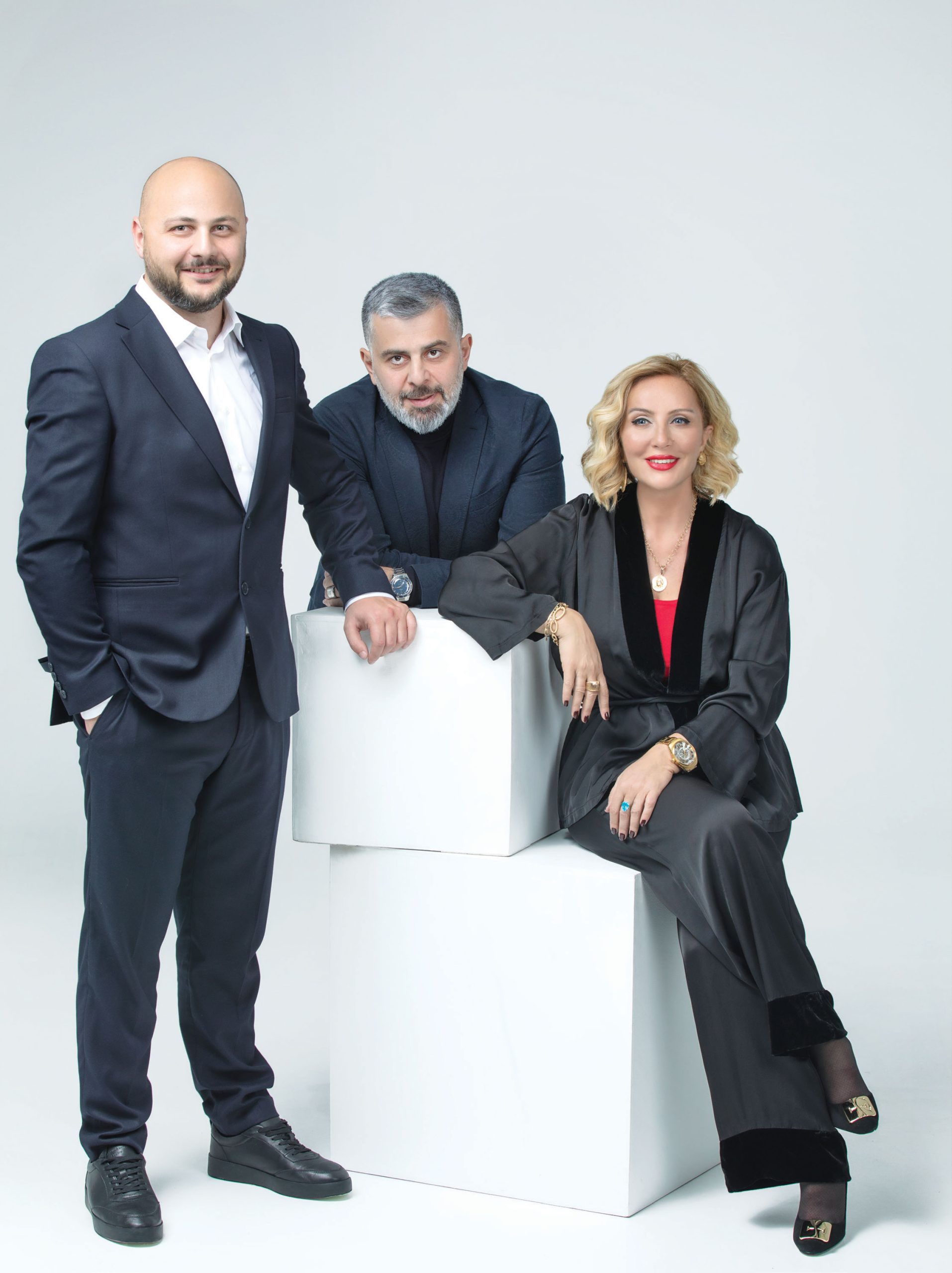
“We have partners and licenses in Israel and the United States. If Georgia bans this industry, we will be unable to provide services to our partners. That is why we focused on Yerevan,” Giorgi Archvadze explains.
Thus, the clinic will again hold a license, albeit an Armenian one. According to Nino Museridze, this particular medical field is still developing in Armenia. “Therefore, it will be staffed primarily with Georgian embryologists and doctors. However, we intend to train local doctors and enhance their qualifications.”
Training doctors and resident medics, as well as hosting international conferences in Georgia and abroad, are integral parts of GGRC’s activities. Each year, the management of the clinic funds several international internships for its medical personnel to raise their qualifications and ensure their continuous development. “Six of our doctors attended the ESHRE conference in Copenhagen this year. We were also the first Georgian representatives at the international conference in Almaty. Furthermore, we sent young doctors to the international conference in Cairo while one of our embryologists gave a speech in Amsterdam,” Giorgi Archvadze says.
“I want our doctors not only to work and go home but also to develop and participate in research,” Nino Museridze adds. To this end, all doctors at the clinic and all Georgian doctors working in the reproductive health industry can attend the international conference organized by GGRC in Tbilisi free of charge. The attendance fee for foreign specialists is €200, which is still considerably cheaper than in other countries, where the average cost is €700-750. “In addition to organizing the conference, we have also been publishing the Medical Times magazine for two years.”
“This year’s conference was about oncofertility, while next year’s topics will be thrombophilia and problems associated with terminated pregnancies. The conference will be held in Tbilisi on 21-22 September,” Nino Museridze says.
Another critical step concerning education was the accreditation of the residency program that is being implemented together with the Tbilisi Medical Academy. From February next year, Professor Nino Museridze can accept five or six resident medics into the program. “We will act as the medical base for the academy, where residents will be able to study reproductive medicine and learn both theoretical and practical guidelines for IVF.”
Nino Museridze wants to establish a training center that will issue international certificates. Consultations are ongoing with global partners to obtain the necessary accreditation. The clinic already has the appropriate technical base.
“Students will work with non-viable cells. I want to train people for whom this will become a profession. This is the future of our industry. I would like foreign students to come here so that we can improve knowledge regarding our country’s possibilities in the field of reproduction,” Nino Museridze states.
In addition to sharing knowledge, Ms. Museridze is also working on increasing transparency and trust by raising the profile of this branch of healthcare: “In this field, outsiders are not looked down upon. I welcome all students, residents, and doctors interested in this medical specialty, and I will hold ‘open door days’ where I show patients what is happening in embryology. We also insist that our doctors do not transfer as many embryos as possible but focus on the main objective, which is for the patient to leave the clinic pregnant. That is why our doctors’ bonuses depend on pregnancies and births because these are the results that are important for us.”
The introduction of technology in reproductive medicine is part of GGRC’s development in the Georgian medical market. “We have introduced PRP therapy, which uses platelet-rich plasma to stimulate tissue growth, fight the inflammatory process, and reduce pain. Simply put, it helps a specific area of the body to use its reserves and function at full capacity,” Nino Museridze explains.
There have also been achievements in stem cell transplant technology. For the first time in Georgia, stem cells were transplanted into the endometrium of a woman whose body could not receive an embryo due to a thin endometrium. Such women need a surrogate mother to give birth to a child. These and other scientific achievements will be discussed at the conference in September 2024.
GGRC is the only facility in the South Caucasus that has the EmbryoScope time-lapse device – a lab incubator with a built-in microscope and camera that can conduct virtually continuous photo-framing with the time-lapse function. This allows doctors to follow the embryo’s development throughout the entire period.
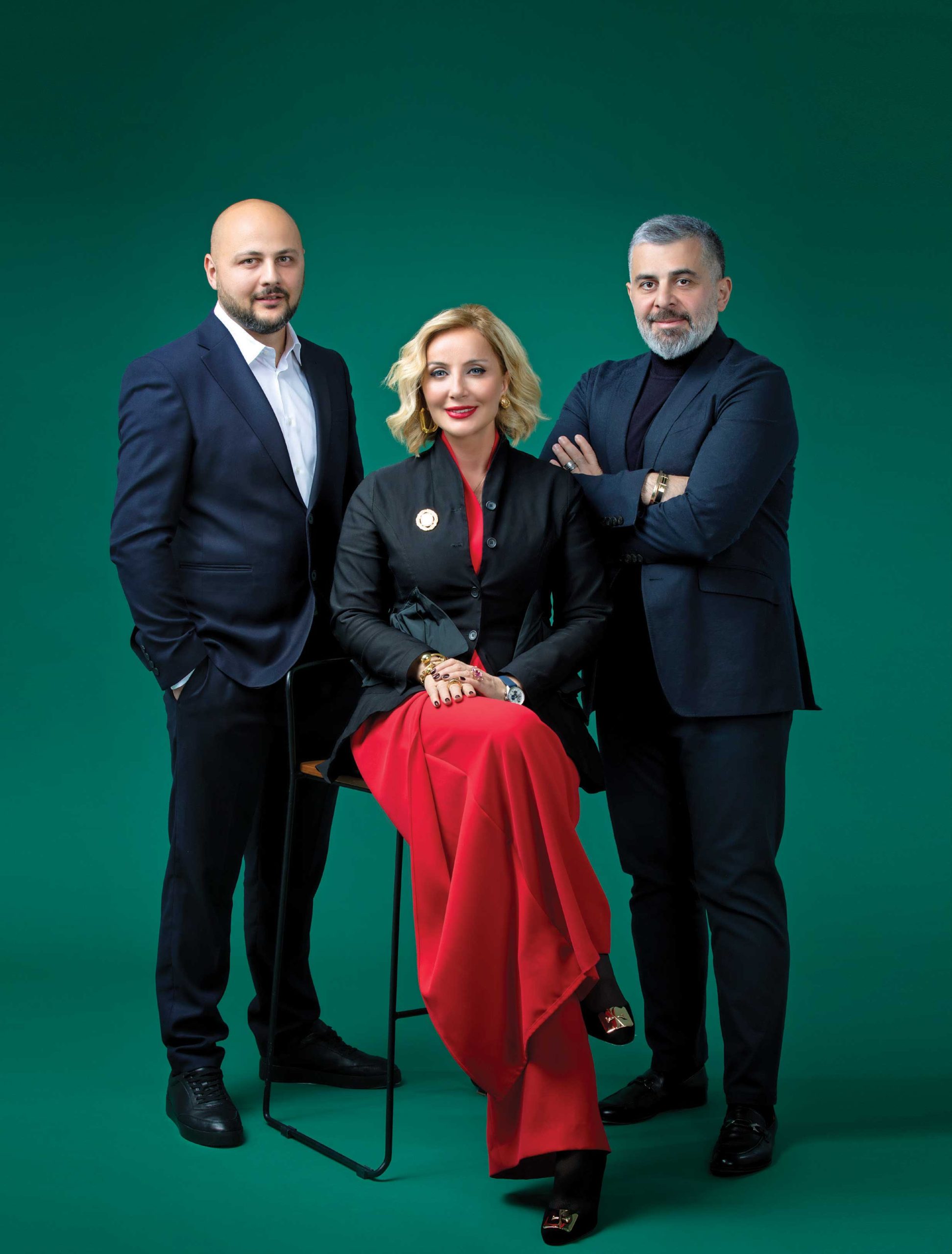
More pregnancies depend not only on scientific achievements but also on a financial component. At present, surrogacy and IVF are not financed by the state or insurance companies in Georgia. The only exception is the Ministry of Health of the Autonomous Republic of Adjara, which funds the IVF procedure for socially vulnerable disabled people as part of a pilot program.
Several children have already been born thanks to the co-financing by the government of Adjara and the “Shentvis” foundation. “The IVF procedures were virtually free for the patients in question. There are certain expectations that the state program should fund IVF treatment for Georgian citizens,” CFO Giorgi Chabakauri states.
Funding by the government of Adjara to the tune of ₾500,000 has already enabled the birth of more than ten children. Based on Giorgi Chabakauri’s prediction, state funding will ensure this program is also included in insurance packages.
“Statistically, around 15% of the population has an infertility problem, almost 7% need artificial insemination, and around 3-4% need donation. I would, therefore, welcome competition in the insurance market in this regard.”
At present, the average cost of the IVF procedure is ₾15,000, but the “Shentvis” foundation helps bring the costs down considerably for Georgian citizens. The foundation accumulates funds by charging foreign nationals higher fees and uses those revenues to help Georgian citizens. The clinic finances 50% of the cost of IVF treatment for approximately 40% of Georgian patients.
“We provide a free service to families with a certain social status, those on a monthly income of less than ₾3,000, and socially vulnerable people with more than 64,000 points. The same applies to Georgian citizens and disabled people residing in the occupied territories of Georgia,” Nino Museridze explains.
Each year, the clinic also draws the names of three people who are provided services free of charge. “Last year’s winners are already pregnant, and we will draw the winners this year,” Nino Museridze says.
GGRC’s quality certificates attract foreign patients to Georgia. According to Nino Museridze, “Georgian patients find us through word-of-mouth, while foreigners come because of the quality of our services. Our goal was to never compromise on quality, and we still follow that principle. That is why we obtained international quality certificates,” Nino Museridze states. Her clinic boasts ISO 9001, ISO 915 189, and FDA certificates.
While awaiting legislative changes in the field of reproductive medicine, the clinic plans to expand in the areas of aesthetic medicine and medical tourism.
In addition to the reproductive clinic in Yerevan, Nino Museridze will open a clinic of aesthetic gynecology, aesthetic urology, plastic surgery, and dental services on Oniashvili Street in Tbilisi. “Our foreign partners are ready to work with us in these areas.”
S
